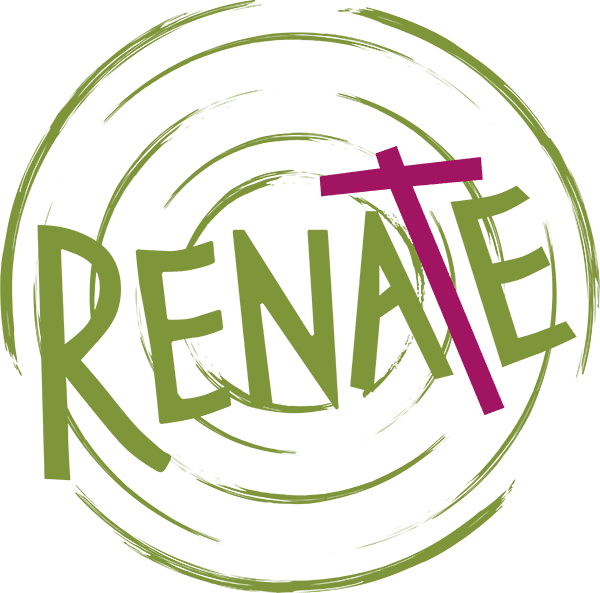Ending Trafficking. It starts with us!
Mettre fin à la traite. Cela commence avec nous !
Acabar con la trata. Empieza con nosotros.
Acabar com o tráfico. Começa connosco!
Porre fine alla tratta. Inizia con noi!
Menschenhandel beenden. Es beginnt bei uns!
Mensenhandel stoppen. Het begint bij ons!
Zakończenie handlu ludźmi. Zaczyna się od nas!
Konec obchodování s lidmi. Začíná to u nás!
Ukončenie obchodovania s ľuďmi. Začína to u nás!
Az emberkereskedelem vége. Velünk kezdődik!
Stop traficului de persoane. Totul începe cu noi!
Прекратяване на трафика. Започва с нас!
Kraj trgovini ljudima. Počinje s nama!
Kraj trgovini ljudima. Počinje s nama!



